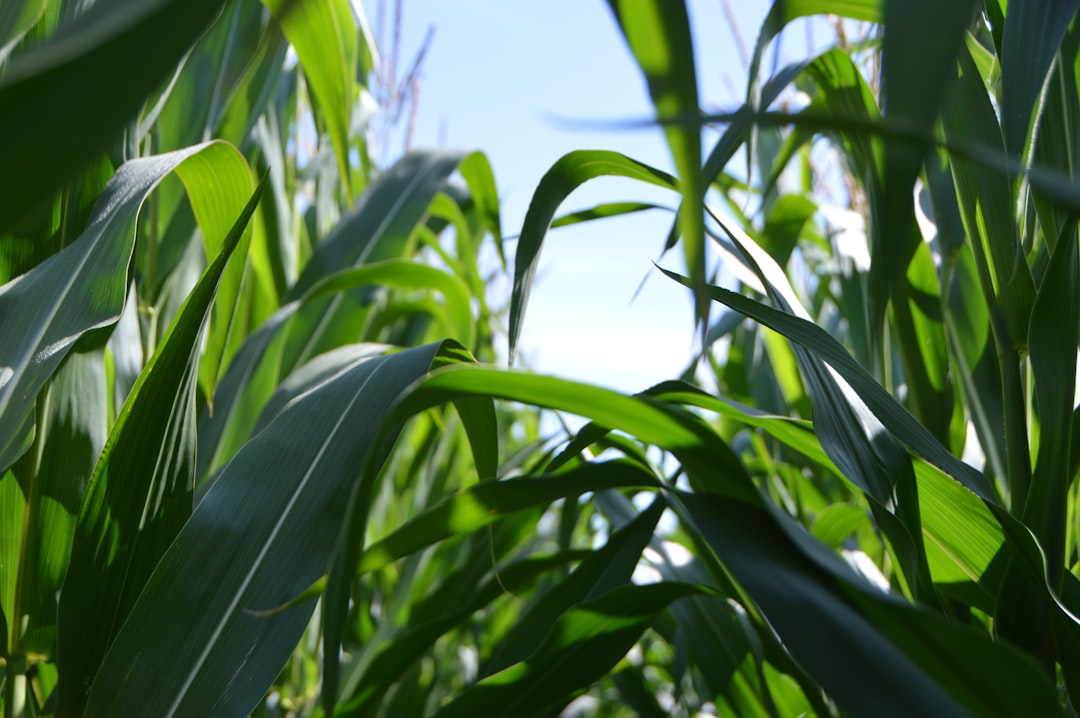What is it about?
Zinc (Zn) bio-fortification of staple crops like wheat can improve dietary Zn deficiency, confirmed by better zinc absorption and retention in rodent models. Both genetic and soil Zn fortification showed better results as compared to genetic or soil Zn fortification alone. We concluded that genetic zinc fortified wheat grown on zinc-treated soils is a good alternative to industrial fortification for improving dietary zinc nutrition on a broad scale. Beside this the genetically Zn biofortified wheat processing qualities were also better than common wheat. However, baking properties of genetically Zn fortified require improvement.
Featured Image

Photo by Melissa Askew on Unsplash
Why is it important?
Replacing standard wheat with genetically Zn biofortified wheat has far reaching benefits in terms of Zn nutrition. The article shows that it significantly improves dietary Zn supply and abortion. However, lower protein content may not only affects its suitability for baked products and it may also decrease consumer protein intake in wheat based dietary pattern. Therefore, protein traits of genetically Zn biofortified wheat must be closely monitored.
Perspectives
I hope this article would gain the attention of breeders working on genetically biofortified cereal and will lay the foundation of work to improve protein traits in this wheat.
Muhammad Ahsin
University of Agriculture Faisalabad
Read the Original
This page is a summary of: Genetic and agronomic Zinc biofortification modify processing and nutritional quality of common wheat, Cereal Chemistry, September 2022, Wiley,
DOI: 10.1002/cche.10604.
You can read the full text:
Contributors
The following have contributed to this page










